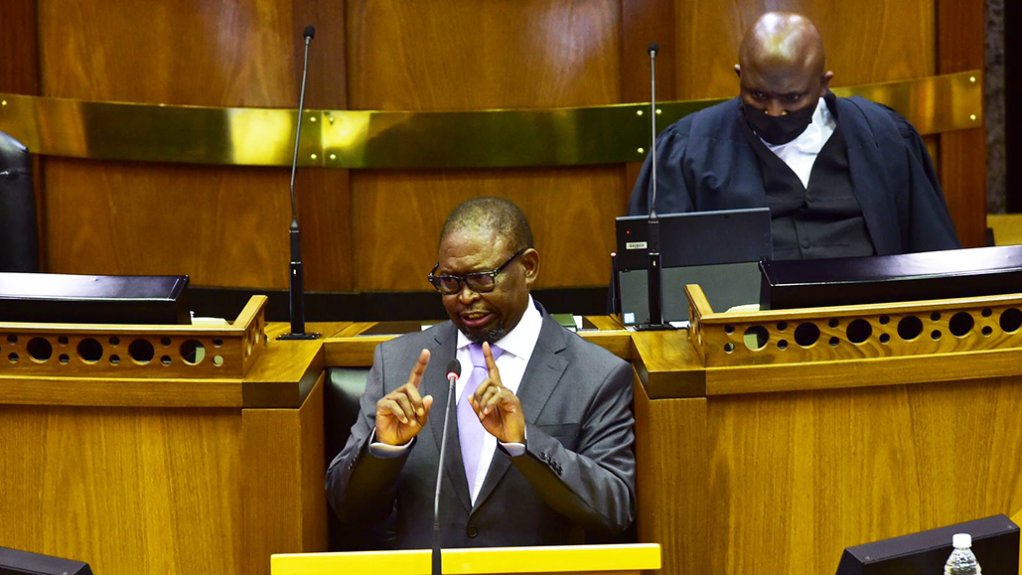Democratic Alliance Shadow Minister of Finance Dion George has criticised Finance Minister Enoch Godongwana’s Budget speech as a “missed opportunity” for failing to announce sound structural reforms that could drive economic growth, incentivise savings and attract foreign capital.
Godongwana’s much-anticipated speech comes as South Africans are frustrated with ongoing loadshedding that is negatively impacting on businesses and ordinary people.
Currently the country is at stage 6 with a possibility of changing to stage 8 loadshedding as Eskom battles to keep the lights on.
George said the Budget completely ignored the country's mounting debt problem, and it offered no solution to revitalise State-owned enterprises or address the energy crisis.
The ruling African National Congress (ANC) welcomed the budget, which it said confirmed decisions taken by the party in its 55th National Conference, and NEC Lekgotla, as well as the recent State of the Nation Address delivered by President Cyril Ramaphosa.
The ANC believes that the Budget responds to the immediate and long-term challenges confronting South Africa, including the current energy challenge.
ActionSA has welcomed Godongwana's commitment to introduce tax credits for private solar panel installations and to take over Eskom’s R254-billion debt to stabilise operations at the utility.
However, the party is concerned that fundamental reforms to ignite long-term economic growth are missing.
The Congress of South African Trade Unions (Cosatu) said that while there were some positive budgetary allocations, it was depressing to note that the budget continued along the same “neo-liberal trajectory” that had led to the current crisis.
Cosatu said the Budget did not provide hope of a decisive set of bold interventions that would jolt the economy from a projected growth of 0.9% in 2023, 1.5% in 2024 and 1.8% in 2025. However, it applauded the work done by workers at the South African Revenue Services.
The South African Municipal Workers’ Union said the Budget had yet again failed to address the many financial challenges faced by the country’s municipalities and added that the financial collapse of municipalities could largely be attributed to the failure by National Treasury to prioritise municipalities based on their financial need.
Meanwhile, the National Education, Health and Allied Workers’ Union said for Treasury to pretend that the collective bargaining dispute of the 2022/23 financial year did not exist and to merely state that “this Budget provides for the carry-through costs of the 2022/23 wage increase” is disingenuous and provocative.
Sakeliga chief executive officer Piet le Roux said the most remarkable feature of an otherwise further corrosive Budget was the Finance Minister's effective concession that the private sector would run future energy expansion.
EMAIL THIS ARTICLE SAVE THIS ARTICLE ARTICLE ENQUIRY
To subscribe email subscriptions@creamermedia.co.za or click here
To advertise email advertising@creamermedia.co.za or click here











